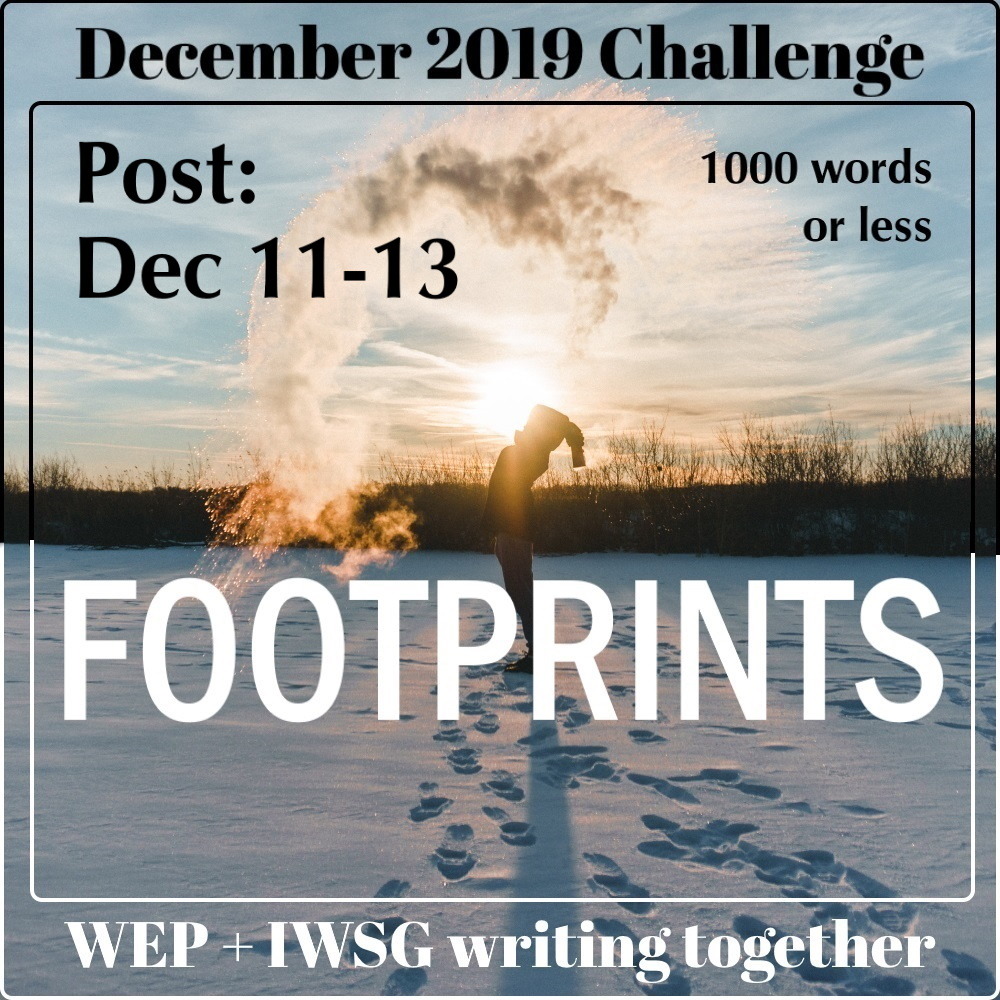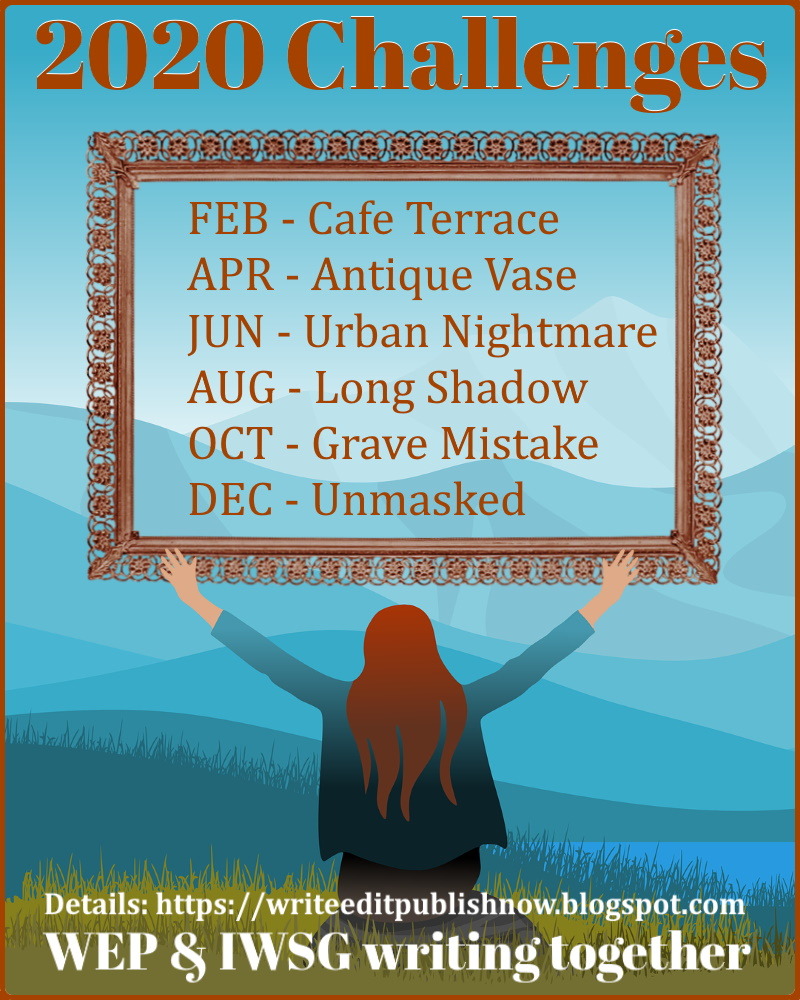Would
you believe me if I told you that it took decades for us, my cousin and I, to
compare notes and figure out the whole thing? She had passed away by then. Our
aunt, I mean - Matulu we called her, all the siblings and cousins of our
generation. I was well into my teenage when I saw her open a bottle of Coke and
the penny dropped finally. I don’t know why it never occurred to me to wonder
at Molina’s choice of the Keeper of the Key.
The
key to Molina’s room was kept on top of Matulu's Allwyn refrigerator. It
was huge, easily three times the size of the normal keys we saw
tucked in at the waists, beyond the saree pleats of our mothers or
tied into a knot at the anchal of our grandmother. Ornately fashioned
from inlaid brass, with a vine and flower design climbing up the shaft, the key
was impressive, and scary.
Matulu
was an easygoing, affectionate maternal figure. Nearly a grandmotherly one in
my case, as she was older than my own mother by almost twenty years. I spent a
lot of time in her home. But I can’t remember her ever in any disciplining mode
– she was always smiling. Always ready to make me my favourite dishes of Mohanbhog,
Malpoa and fried potato matchsticks on demand. And she fed them
to me personally with endless tales of Teacher Fox and his Students, the
Crocodile Hatchlings. The disciplinarian was Molina. Quite the opposite of
Matulu, in fact.
Molina
lived within the precincts of the lake on the opposite side of the road from my
aunt. None of us had ever actually seen Molina up close, but we knew her well
enough. Not particularly endearing, she was old and walked with a limp, in the
spotless white of a Bengali widow. She had bloodshot eyes from staying up
nights. Molina knew every child in the neighbourhood, even the ones who were
only visitors, their comings and goings, their intentions good and bad, their
deepest, darkest secrets. She took the too boisterous, the disobedient, the
misbehaved ones away to the small room atop the water tower that stood beside
the lake, rising many stories above the surrounding low-rise homes.
“Into
that room high up, up, up she takes them, locks the door with this key and
teaches them a lesson,” Matulu said. She took the key from the top of the
fridge and let me feel its weight in my small, four year old palm.
“Will
she take me too, Matulu?” I asked, the key twinkling in my hand, heavy and
ominous.
“Oh
no, never,” came the instant reply. ”You’re a good girl, aren’t you? You’re my
golden girl, you’re the best behaved. Molina only takes the naughty ones to
that room.” Matulu took the key from my fingers and put it back on the fridge
again. She bent down and hugged me close. “You’re ever so lokkhi. Molina
would never even look at you.”
I
immediately resolved to grit my teeth and be as well behaved, as lokkhi as
was humanly possible. If the key to the room was this big and scary, what would
the lessons conducted therein be like?
Sometime
past sixteen, I saw Matulu open a Coke bottle with Molina’s key and realised
that hallowed and feared object’s real purpose. The key, or the bottle-opener,
still lived on the Allwyn fridge. Why Molina, even if she did exist,
would choose to keep her key on Matulu's fridge never occurred to me once in
all those years of childhood.
Just
a few months ago, one of my cousins and I got reminiscing together and an
avalanche of a-ha moments later, figured that Molina was a common motif Matulu
used to keep all her nephews and nieces in line. An imaginary, invisible
disciplinarian but so very effective. We laughed, and then fell silent. Matulu
was not around to see our epiphany, she has been gone more than a decade now.
But she would have enjoyed it, she always did like a good laugh.
Only
carrots, very little stick. A neat trick, and gentle. Molina’s key. Kind of
sums up the zeitgeist of our entire collective childhood.
~~~
So
that's it folks, 2019 is done, the last post is written and here is a brand new
decade waiting to start. Who knows what exciting things it will bring?! A happy
year end to you and the very best of the New Year 2020 and the coming
decade!






